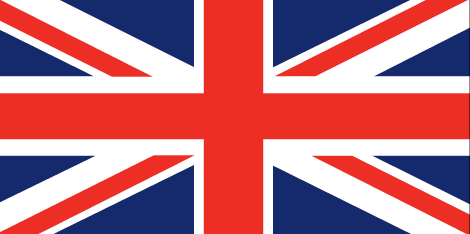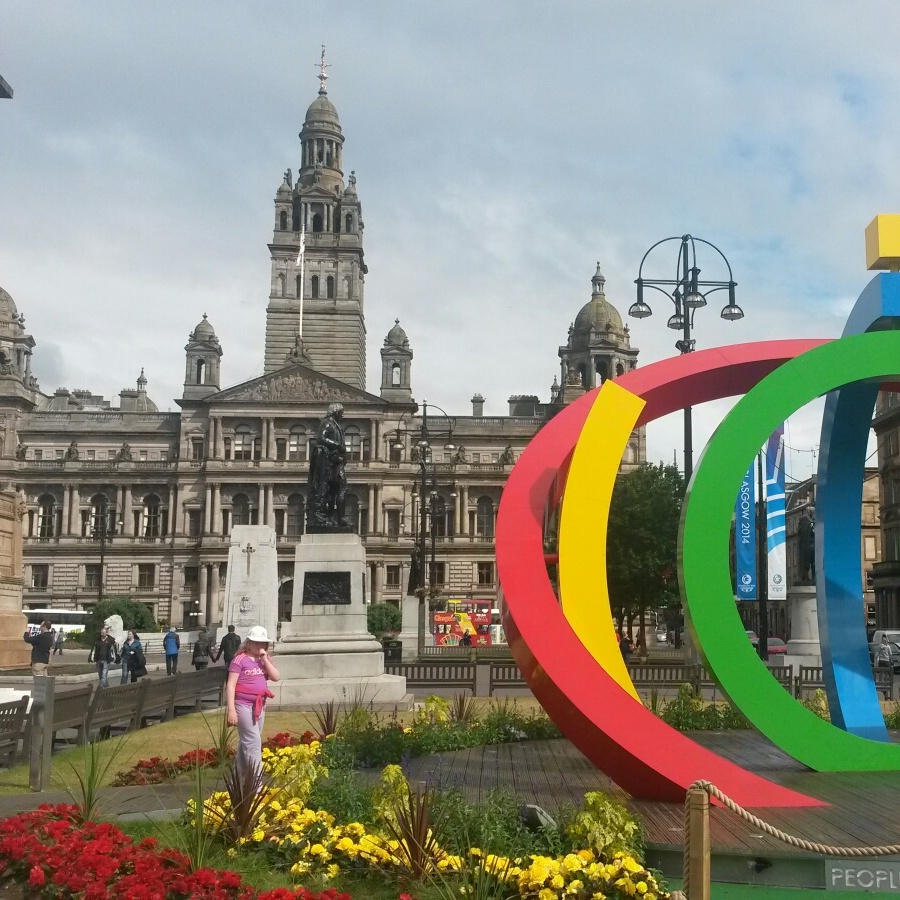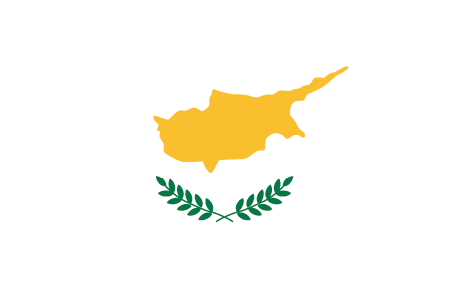
United Kingdom
Key facts:
POPULATION (2018): 66,435,600
AREA (UN 2006): 242,900 sq km
CAPITAL: London
CURRENCY: pound sterling (GBP)
HEAD OF STATE: HM Queen Elizabeth II
HEAD OF GOVERNMENT: Prime Minister Boris Johnson
FORM OF GOVERNMENT: constitutional monarchy
PARLIAMENTARY SYSTEM: bicameral
STATE STRUCTURE: unitary
LANGUAGES: English and Welsh (official); Scottish Gaelic, Cornish, Irish, Scots & Ulster Scots (recognised)
NATIONAL ELECTIONS: last: Dec 2019, turnout: 67.3%; next: 2024
WOMEN IN PARLIAMENT (2019): MPs 33.8%, Lords 26.8%
LOCAL ELECTIONS:
England: last: May 2019, turnout: 35%; next: May 2021
Wales: last: May 2017, turnout: 42%: next: May 2021
Scotland: last: May 2017, turnout: 46.9%; next: May 2022
Northern Ireland: last: May 2019, turnout: 52.7%; next: May 2023
WOMEN COUNCILLORS (2018): 33.9%
LOCAL GOVERNMENT EXPENDITURE as a percentage of total government expenditure 2019/20: 21.8%
Summary
 The United Kingdom of Great Britain and Northern Ireland (known as ‘the UK’) is a union of England, Scotland, Wales, and Northern Ireland with a bicameral parliament. There is no written constitution and each member country has its own local government acts. Scotland, Wales and Northern Ireland each has a devolved government and single-tier local government. England has no devolved government and there are both two-tier authorities, made up of counties and districts (or boroughs), and single-tier councils known as unitary authorities. The lowest tier in England are civic parishes; in Scotland and Wales there are community councils which are overseen by local government but are not a tier of local government: and in Northern Ireland there are 11 unitary councils. The ministries with responsibility for local government are: the Ministry for Housing, Communities and Local Government (MHCLG) in England; the Local Government and Communities Directorate in the Scottish Government; the Department of Local Government and Local Government Business in the Welsh Government; and the Department of the Environment within the Northern Ireland Assembly. At the latest local elections in 2017 28.4% of councillors were women. In 2017/18 local government expenditure was 21.9% of total government expenditure. Over half of local government revenue comes via transfers from central government and a further quarter comes from a property-based local council tax. Responsibility for various functions is split in the two-tier system between county and district, while unitary authorities have sole responsibility for implementing all local government functions. Parishes and community councils may manage community facilities such as village halls, war memorials, cemeteries, leisure facilities and playgrounds.
The United Kingdom of Great Britain and Northern Ireland (known as ‘the UK’) is a union of England, Scotland, Wales, and Northern Ireland with a bicameral parliament. There is no written constitution and each member country has its own local government acts. Scotland, Wales and Northern Ireland each has a devolved government and single-tier local government. England has no devolved government and there are both two-tier authorities, made up of counties and districts (or boroughs), and single-tier councils known as unitary authorities. The lowest tier in England are civic parishes; in Scotland and Wales there are community councils which are overseen by local government but are not a tier of local government: and in Northern Ireland there are 11 unitary councils. The ministries with responsibility for local government are: the Ministry for Housing, Communities and Local Government (MHCLG) in England; the Local Government and Communities Directorate in the Scottish Government; the Department of Local Government and Local Government Business in the Welsh Government; and the Department of the Environment within the Northern Ireland Assembly. At the latest local elections in 2017 28.4% of councillors were women. In 2017/18 local government expenditure was 21.9% of total government expenditure. Over half of local government revenue comes via transfers from central government and a further quarter comes from a property-based local council tax. Responsibility for various functions is split in the two-tier system between county and district, while unitary authorities have sole responsibility for implementing all local government functions. Parishes and community councils may manage community facilities such as village halls, war memorials, cemeteries, leisure facilities and playgrounds.
The Local Government Association (LGA) covers all local authorities in England and Wales, the latter through the Welsh Local Government Association (WLGA), which is a constituent part of the LGA but retains full autonomy in dealing with Welsh affairs. In Scotland, the Convention of Scottish Local Authorities (COSLA) represents 28 of the 32 Scottish local authorities; the remaining four councils are now represented by the Scottish Local Government partnership (SLGP). The Northern Ireland Local Government Association (NILGA) represents local councils in Northern Ireland, while London Councils represents the 32 London boroughs and the City of London. Among lower-level councils, the National Association of Local Councils (NALC) represents over 80% of the community, parish and town councils in England and Wales, providing specialist advice and dealing with national issues. There are also 52 affiliated county associations providing more general support. In Wales most town and community councils are members of One Voice Wales.
Read the profile of the local government system in the UK.
CLGF activities in the United Kingdom
The UK has played an active role in the work of CLGF and the organisation is based in London. The 2016 for the first time the CLGF board will meet in London. Alongside the Board meeting, London will be playing host to the second meeting of the Commonwealth Sustainable Cities Network.
In 2005 the Commonwealth Local Government Conference was held in Aberdeen, Scotland, the outcome of which was the Aberdeen Agenda: Commonwealth principles on good practice for local democracy and good governance. In 2013, the Aberdeen Agenda was incorporated into the Commonwealth Charter, recognising the importance of local democracy as part of the organisation’s commitment to fundamental shared values. CLGF’s first major biennial Commonwealth Local Government Conference was held in 2000 in London, with around 100 participants hosted by the then newly elected Mayor of London.
One of CLGF’s first projects was to facilitate partnerships between councils in Malawi and UK councils to build management and governance capacity in five communities. The project, which ran from 1996, was supported by the European Union and was the model for CLGF’s flagship Commonwealth Local Government Good Practice Scheme, of which of the CLGF membership in the UK were actively involved from 2000-2010. UK local government continues to share technical support and advice across CLGF’s work and programmes.
CLGF members in the United Kingdom
- Department for International Development
- Welsh Government
- Government of Gibraltar
- Convention of Scottish Local Authorities (COSLA)
- Local Government Association of England and Wales (LGA)
- Northern Ireland Local Government Association (NILGA)
- Birmingham City Council
- Cardiff Council
- Glasgow City Council
- Greater London Authority
- Hastings Borough Council
- Leicester City Council
- London Borough of Camden
- London Borough of Lewisham
- London Borough of Sutton
- Manchester City Council
- Staffordshire Moorlands District Council
- West Dunbartonshire Council
- University of Birmingham - School of Government and Society
- Cardiff University





